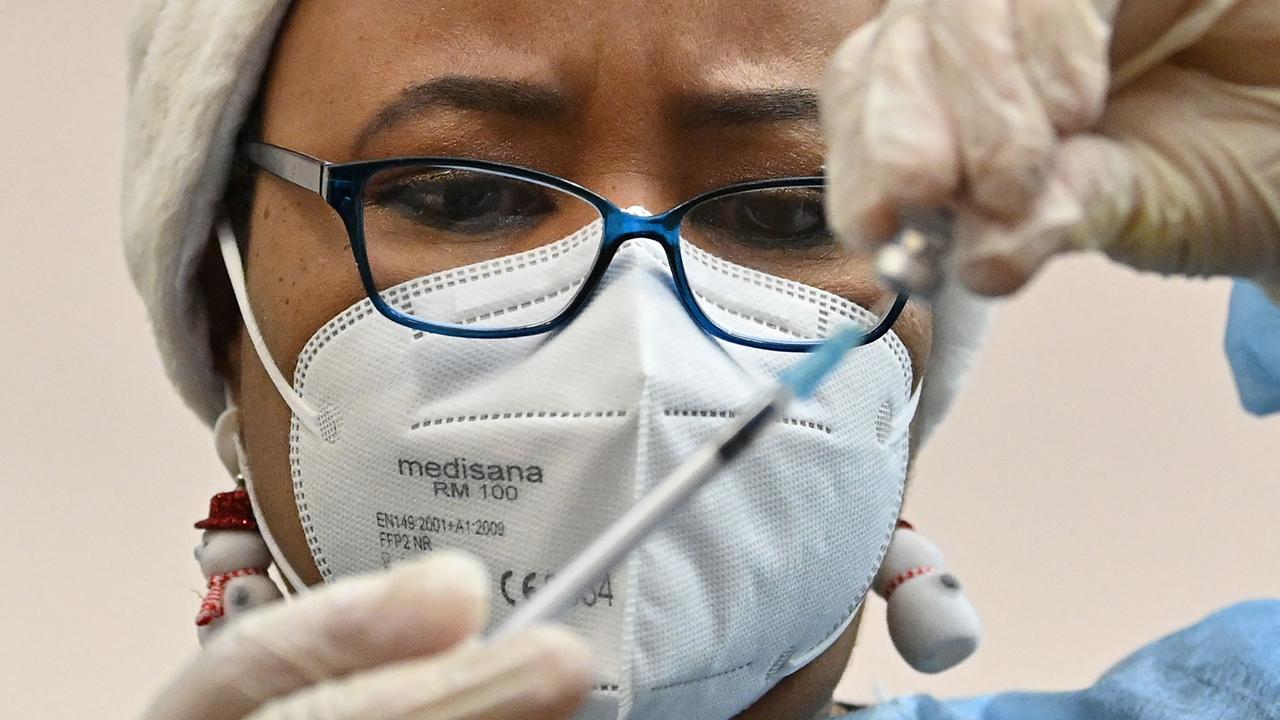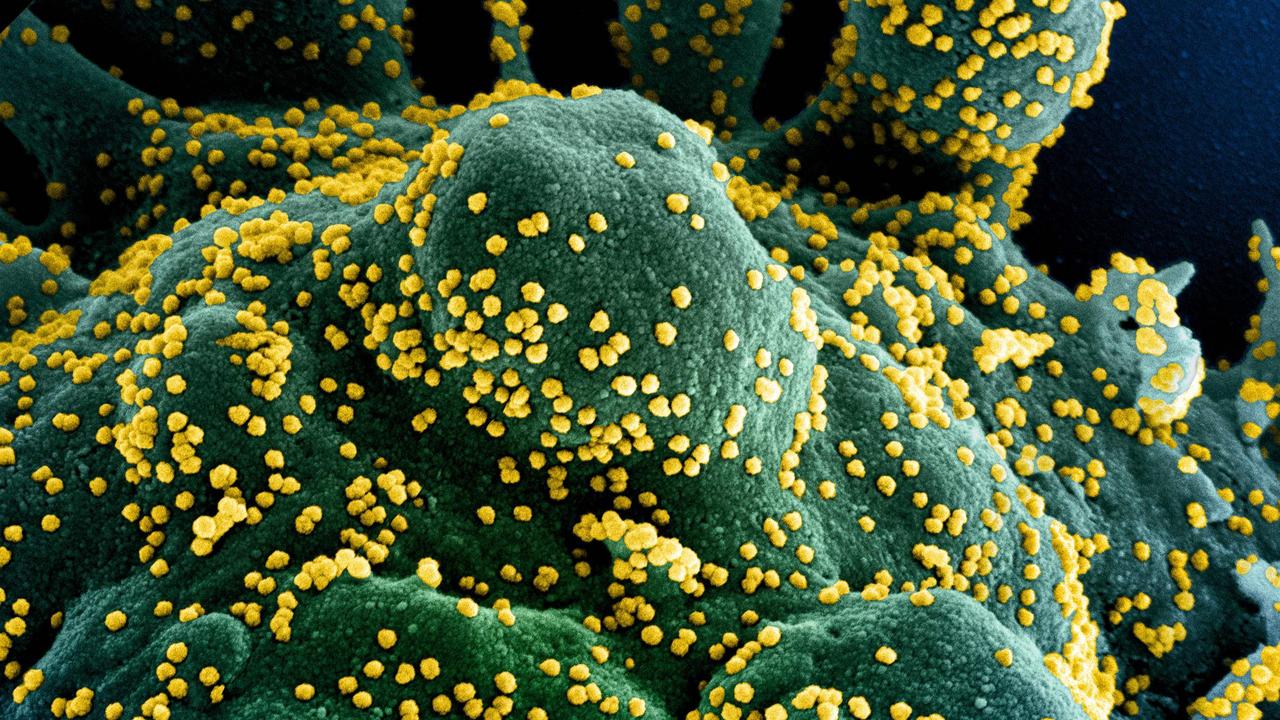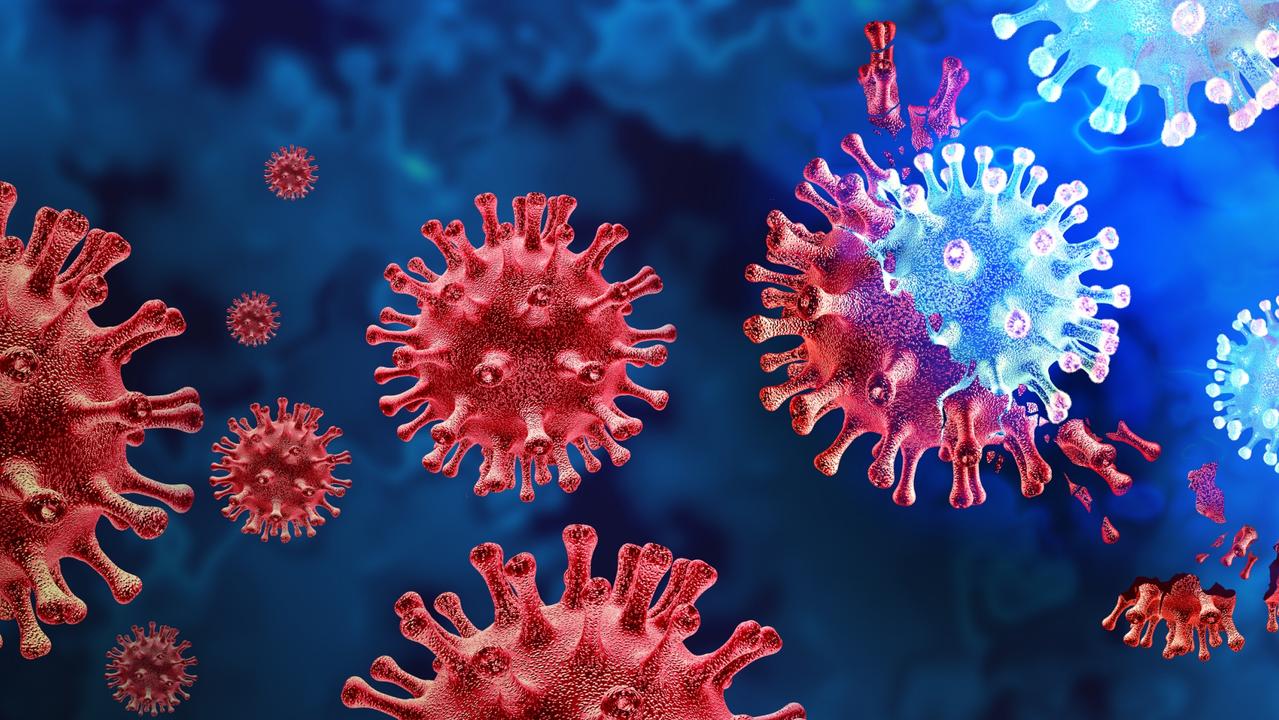Coronavirus in children: Kids may get better immunity from catching virus naturally when compared to vaccine
Health experts have thrown doubt on vaccinating kids, because immunity after contracting it is better than a vaccine.
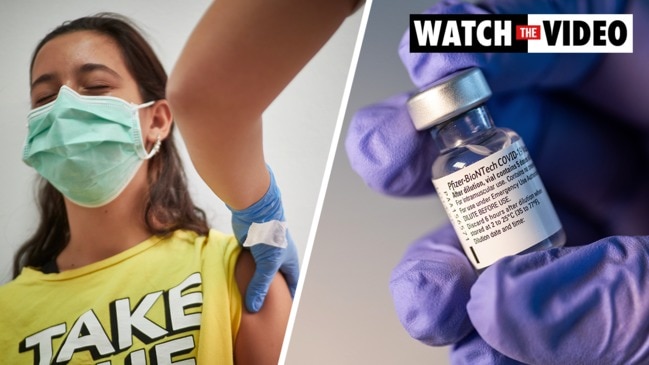
Health experts are throwing doubt on the decision to kick off Covid vaccination drives for children, as the world battles surges of the Delta strain.
Professor David Livermore, a microbiologist at the University of East Anglia in Norwich, England and former Public Health England director, said vaccinating children was “pretty pointless” due to the likelihood of them developing mild infection.
A recent report from Australia’s National Centre for Immunisation Research and Surveillance found most children who contracted Covid in our recent wave of Delta had few symptoms.
“The majority of children (98 per cent) had asymptomatic or mild infection,” Professor Kristine Macartney, a specialist at Sydney‘s Children’s Hospital at Westmead, said.
“Covid-19 is mild among children. Only around two per cent will require hospitalisation and for many of those two per cent, it’s for monitoring and social care. “
Speaking to MailOnline, Prof Livermore said children could likely develop better immunity from contracting coronavirus, rather than the protection afforded by the vaccines.
“I think what's been done is really pretty pointless. It is a bad use of vaccine,” he said.
“Children are at very, very low risk of severe infection, and we'd really be better off just building better immunity to this virus (through infection) as we do to a score of other circulating viruses.
“Vaccinating children has been justified not to protect children from severe infection, but so schools can be kept open. This is based on a false premise. Schools here should not have been closed at all.”
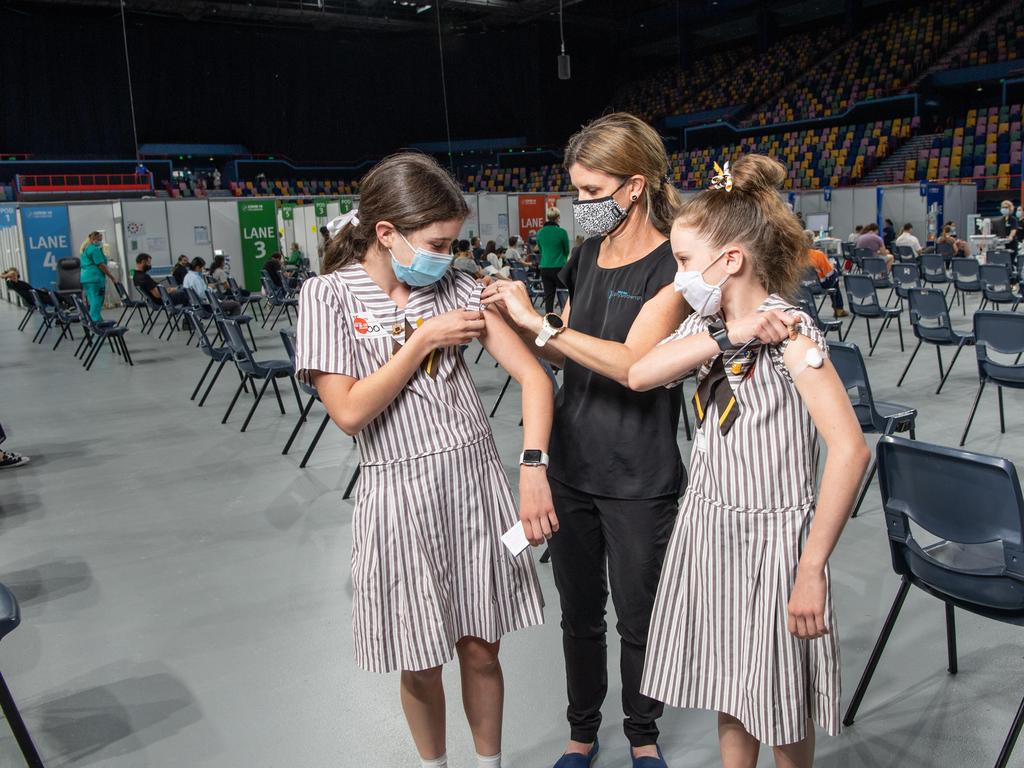
Vaccinating children has sparked debate in the UK with chief health officer Professor Chris Whitty approving Pfizer vaccines for kids aged between 12 and 15 earlier this week.
Prof Livermore, who is a member of the anti-lockdown Health Advisory and Recovery Team, pointed to Sweden as an example of schools managing to stay open despite no vaccination rates.
The UK has been hit hard by coronavirus, losing more than 134,000 people to the disease.
UK Health Minister Sajid Javid announced children would be vaccinated against coronavirus in a bid to make schools safer, as students return to the classroom.
“I have accepted the recommendation from the Chief Medical Officers to expand vaccination to those aged 12 to 15, protecting young people from catching COVID-19, reducing transmission in schools and keeping pupils in the classroom,” Mr Javid said.
Vaccinating children has become a thorny issue, despite other countries pushing ahead with jabs for youngsters.
The Joint Committee on Vaccination and Immunisation (JCVI), which advises UK health departments on immunisation, currently says the “margin of benefit, based primarily on a health perspective, is considered too small to support advice on a universal program of vaccination of otherwise healthy 12 to 15-year-old children at this time”.
The debate around vaccinating children comes as Cuba announced it would start vaccinating children as young as two against coronavirus this week.
Cuba will be the first in the world to vaccinate children that young, with nations including Australia, the US and many in Europe only approving the vaccine for kids as young as 12.
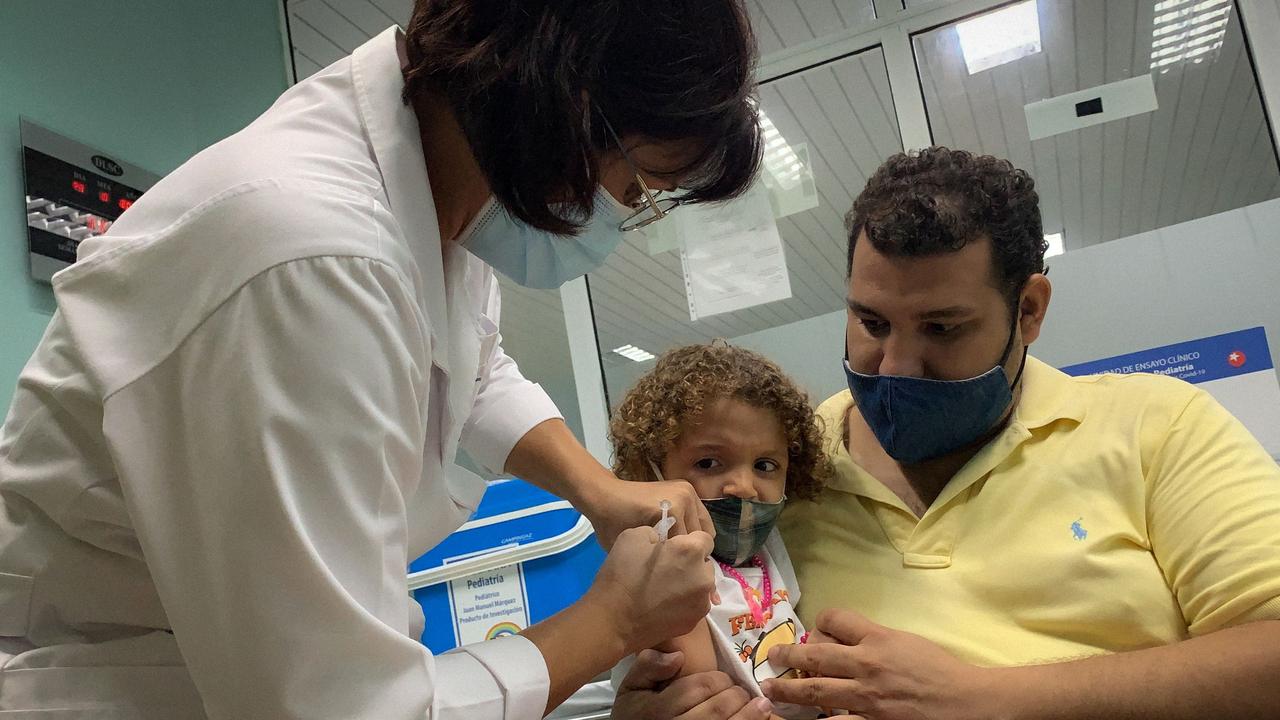
However, regulators are looking at authorising vaccines for children between the ages of five and 12 later this year.
Chile has started vaccinating children aged six and older while the United Arab Emirates and China have kicked off vaccination programs for kids as young as three.
Cuba’s health regulator, the Centre for State Control of Medicines and Medical Devices, approved vaccines for children at the start of September.
The coronavirus pandemic exposed serious issues in Cuba’s health, economic and social systems.
A dire shortage of medicines, oxygen and coronavirus tests pushed the nation’s health system to its breaking point.
And due to the incredibly high cost of the internet in the island nation, children have been unable to learn from home as schools shut down due to soaring infections.
The various issues triggered anti-government protests in July with thousands taking to the streets in Havana.



